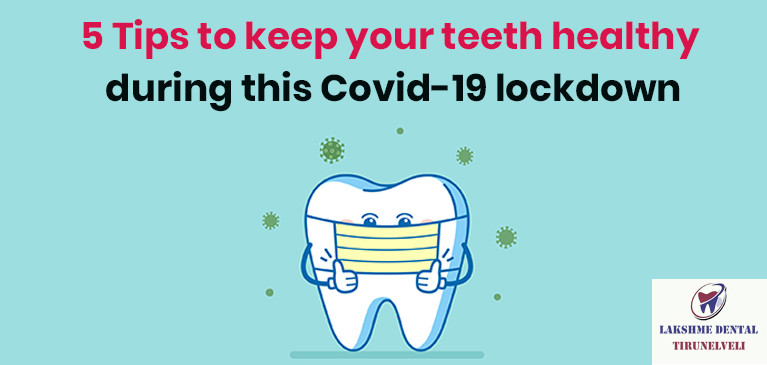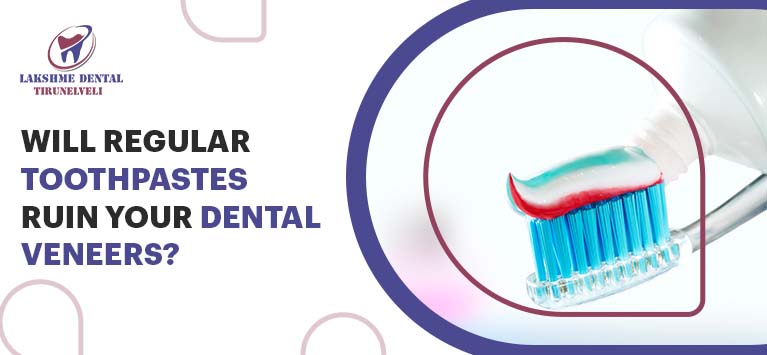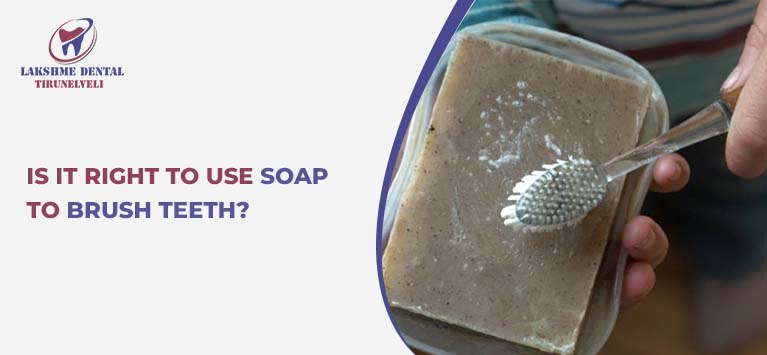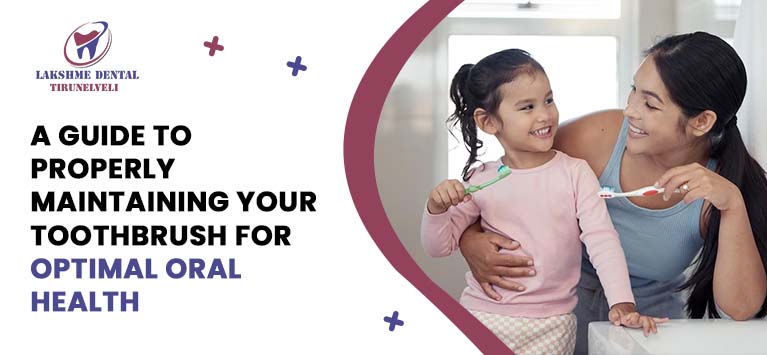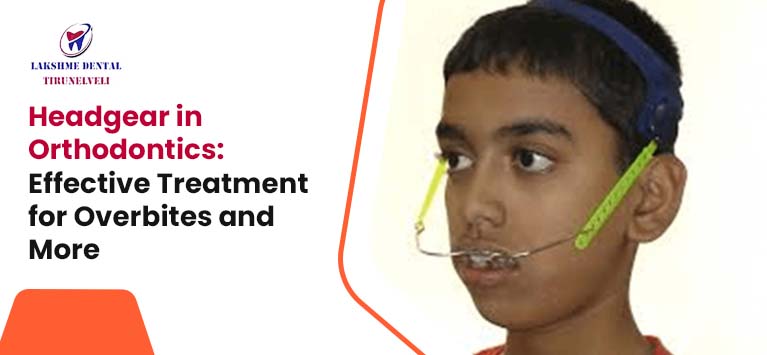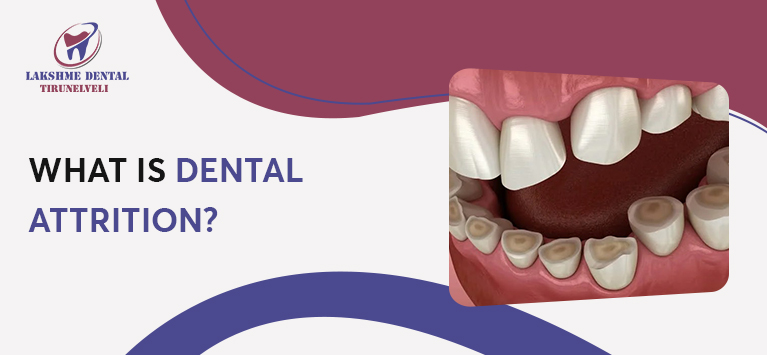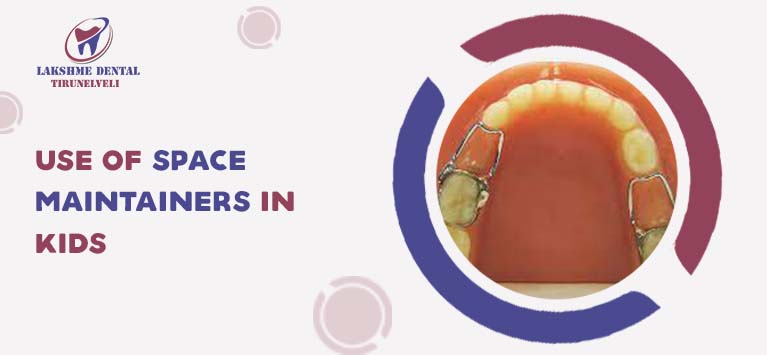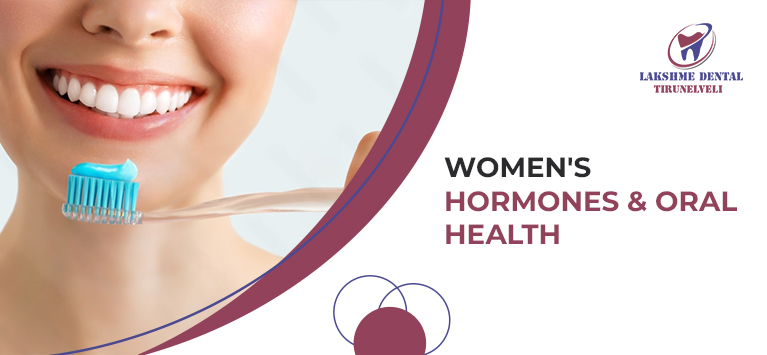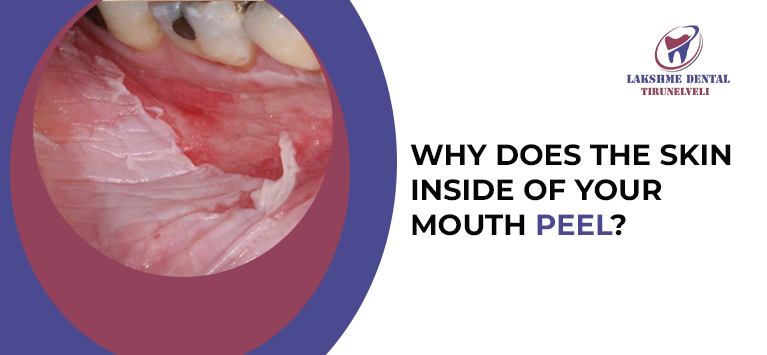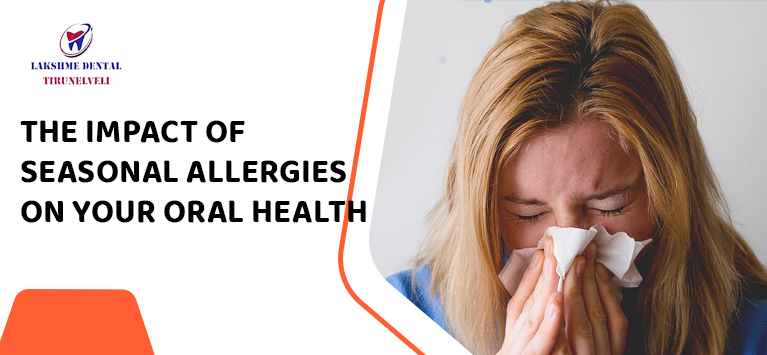
The Impact of Seasonal Allergies on Your Oral Health
The periodic modifications identified with specific temperatures, weather conditions are commonly termed as season. One year is comprised of 4 seasons and each one exhibits variations such as bright sunshine, humid air, frigid temps, and falling snow. Despite such temperature variations due to changing seasons are pleasing for some people, they are misery for people who have seasonal allergies.
Weather is a powerful thing that can trigger allergens in those people and have effects that range from mild to severe like puffy eyes, itchy nose, allergic asthma, etc.
Nowadays, many people are aware of this. Similarly, seasonal changes have an impact on our oral health also. The oral discomforts triggered by seasonal allergies are identical to the signs of various dental disorders. Hence many people cannot identify those allergic responses.
In this article, we have listed the effects of seasonal allergies on our oral health.
1) Toothache
The passages of our nose and tongue inflame as a response to allergens triggered by the change of seasons. As the maxillary sinuses are located above the upper molar, swelling in the sinus regions puts extra pressure over the roots of the teeth. It provokes pain in your teeth.
In such cases, you might feel sinus congestion, sinus pain as well as toothache. The degree of pain varies concerning the level of swelling.
2) Dry Mouth
Dry mouth is a common allergy symptom. In general, the dryness in the mouth occurs when there is a shortage of saliva. It is followed by the breeding of bacteria in our mouth and provokes bad breath, cavities, infection in gums, etc.
In general, people with seasonal allergies develop dry mouth during the winter season. It is because of the cold, dry air inside and outside of our environment. Similarly, many people consume less amount of water during cold season. Such dry air and less water consumption make the salivary glands produce less saliva, causing dry mouth.
3) Gum and Tonsil Swelling
People with allergies can develop post-nasal drip which is associated with various consequences like swelling in gums, inflammation in tonsils, etc.
Inflammation in the gums will cause pain while brushing and flossing. Keep in mind that inefficient teeth cleaning activities will end in harboring microbes over gums as well as the teeth. It makes you vulnerable to harmful consequences such as sore gums, periodontal diseases, etc.
What should you do to prevent your oral cavity from seasonal allergies?
The onslaught of seasonal allergies on oral cavity like bad breath, mouth sores, irritation in lips, and others are inevitable for people with allergies. However, they can reduce the level of discomfort with timely dental treatments.
Meanwhile, dentists recommend the following remedies to combat allergic reactions to dental health:
- Rinse your mouth with saltwater
- Place a humidifier in your living room
- Drink plenty of water
- Chew sugar-free gums
- Gargle your mouth with mouthwashes if you feel hard to brush and floss.
- Avoid caffeine products
In essence, seasonal allergies and oral health are closely associated. Temperature variation due to change of seasons can instigate allergens and irritate oral tissues. Luckily, those discomforts are treatable with appropriate medications, changes in diet, and lifestyle changes.

